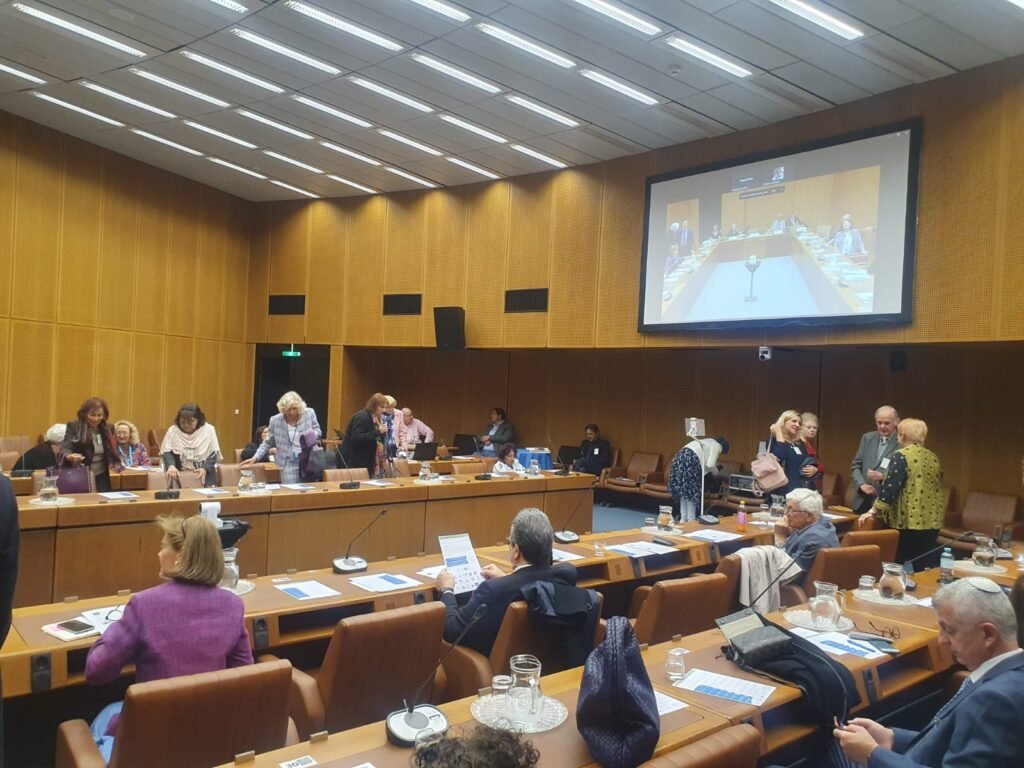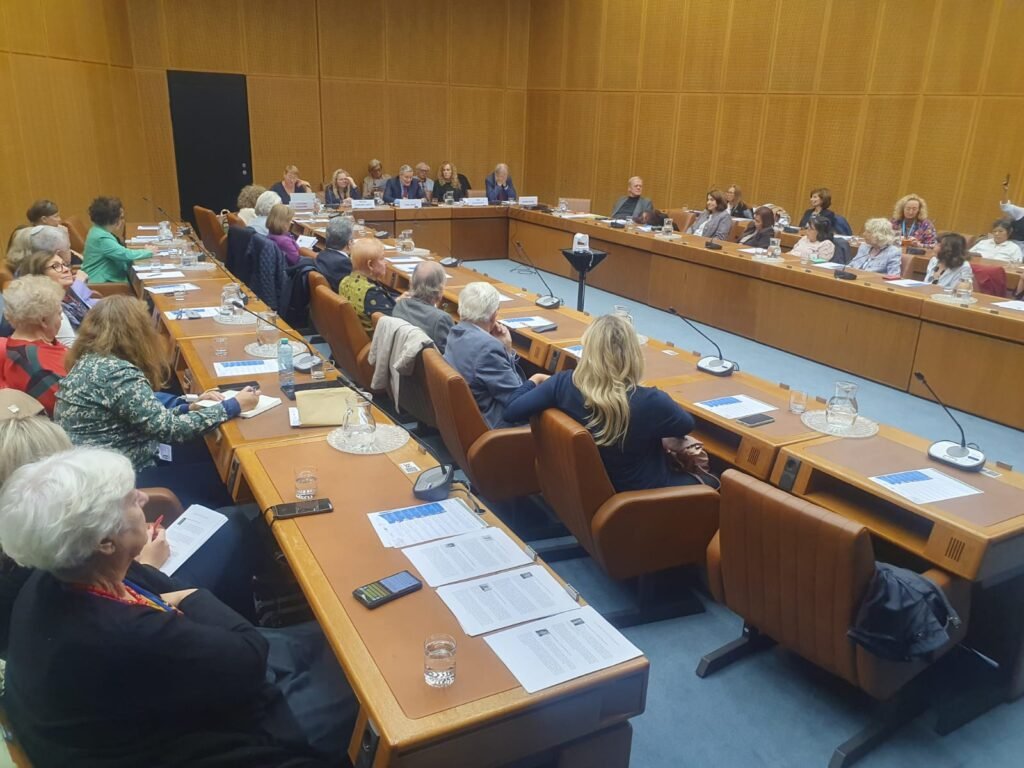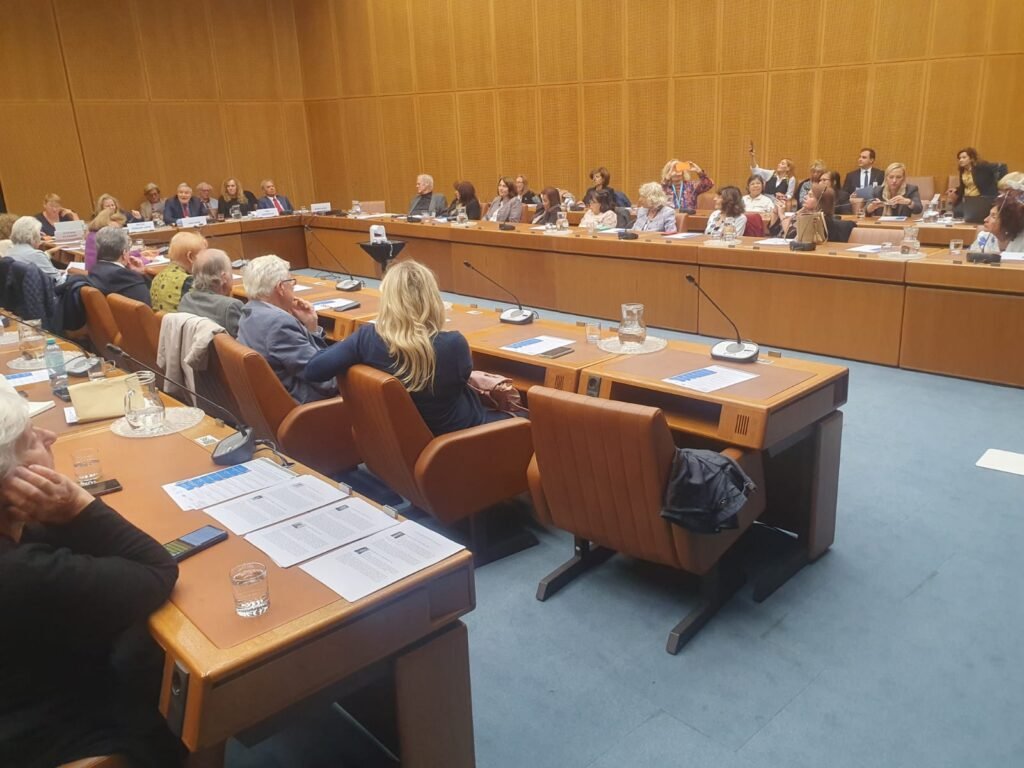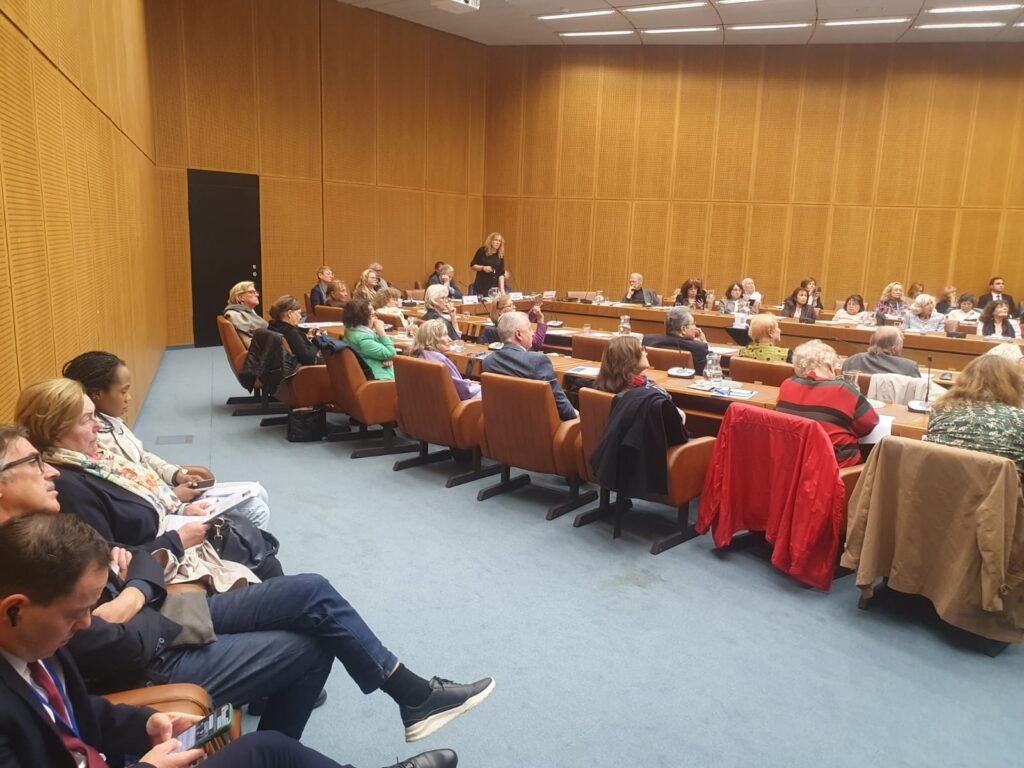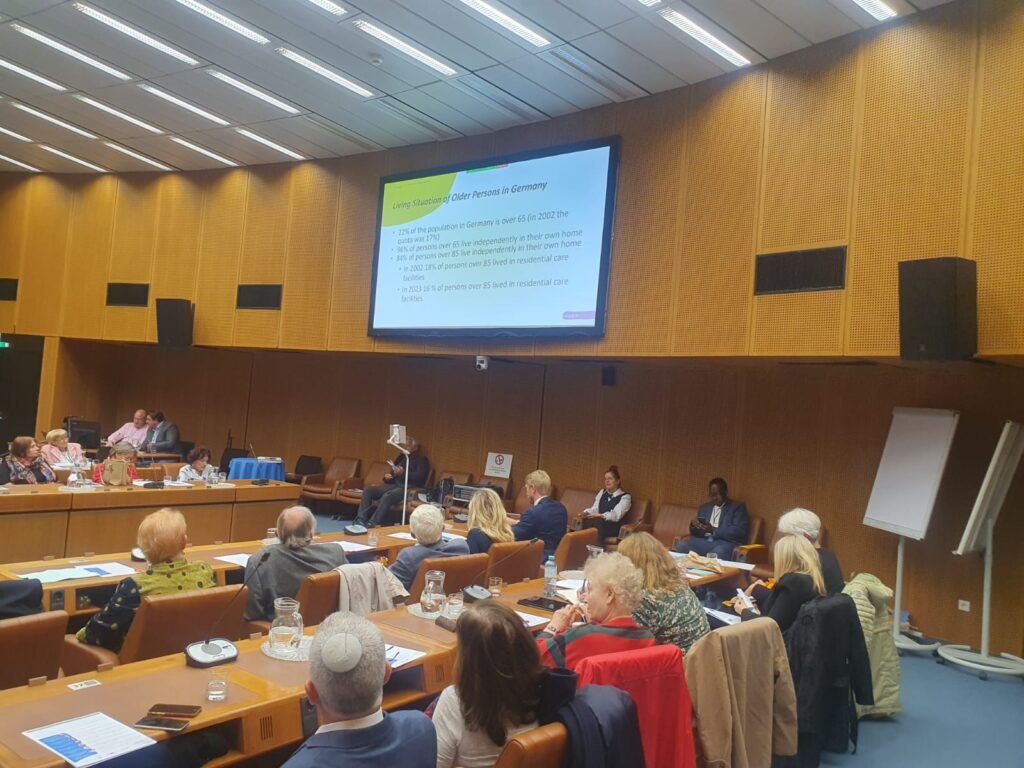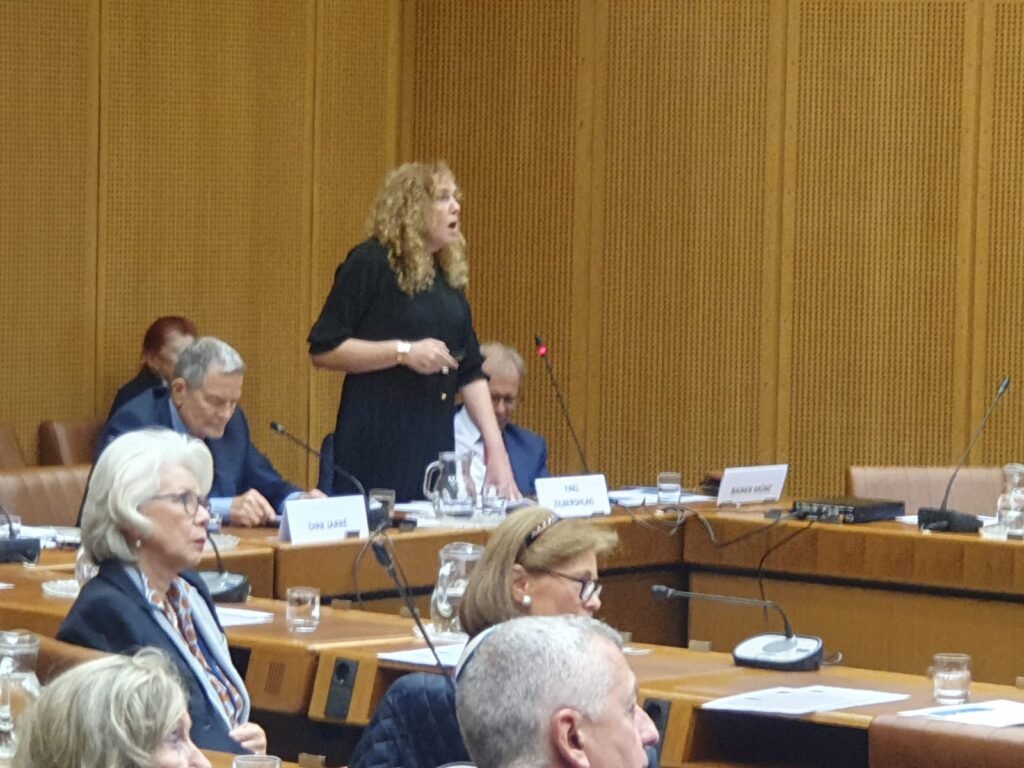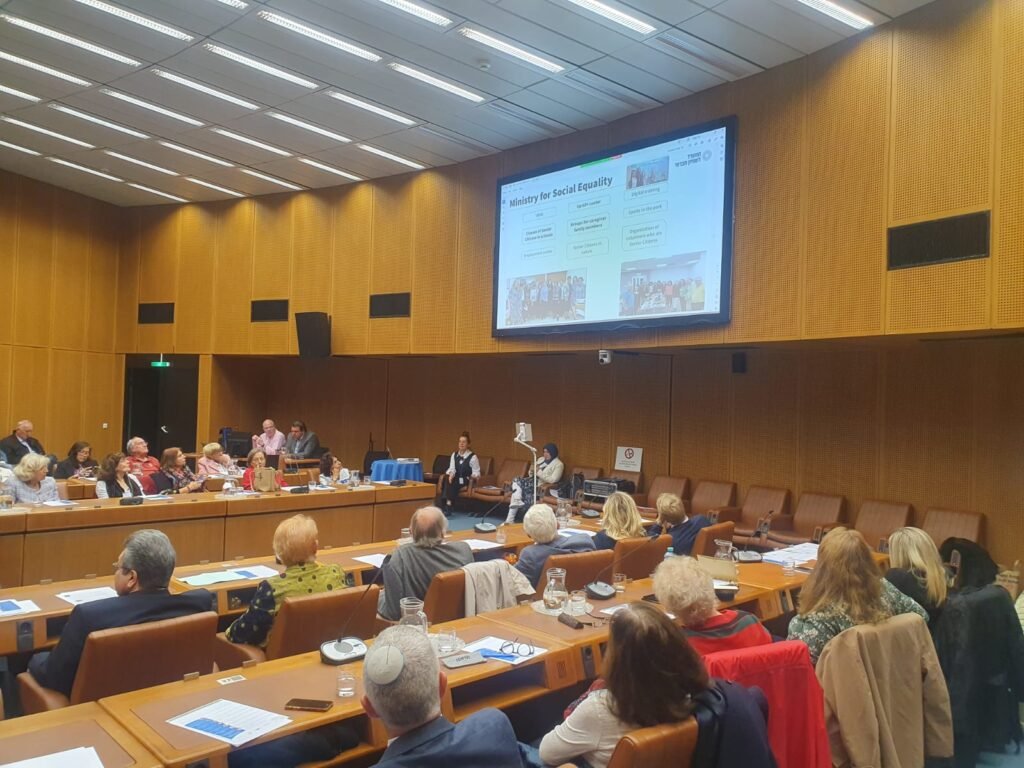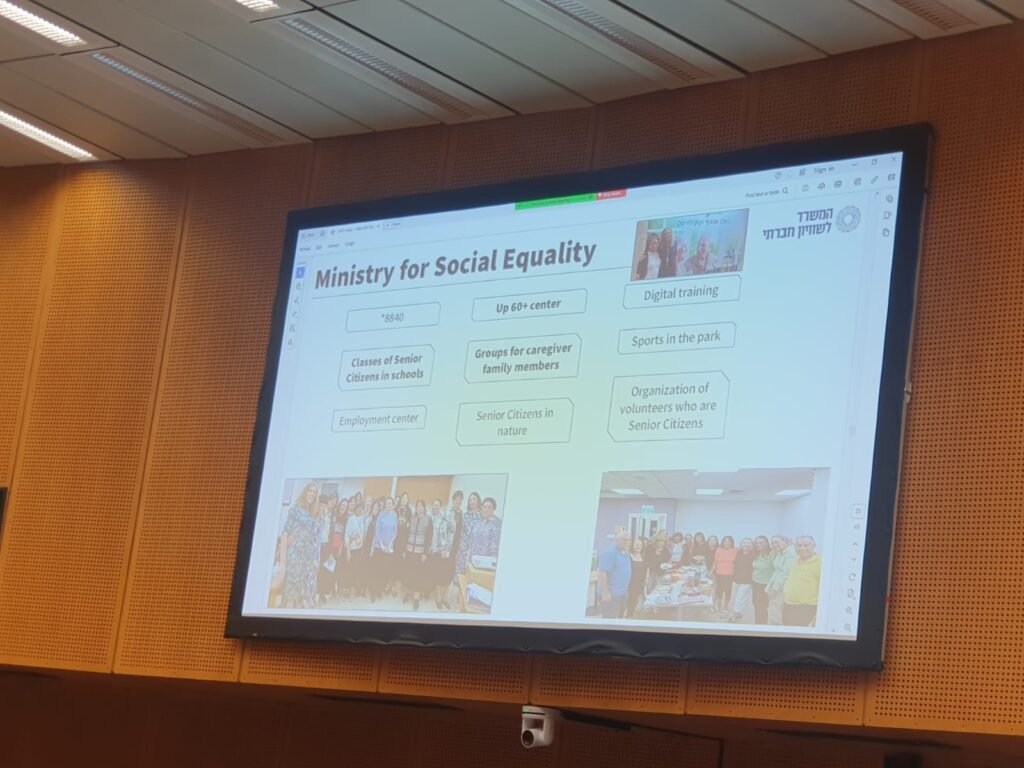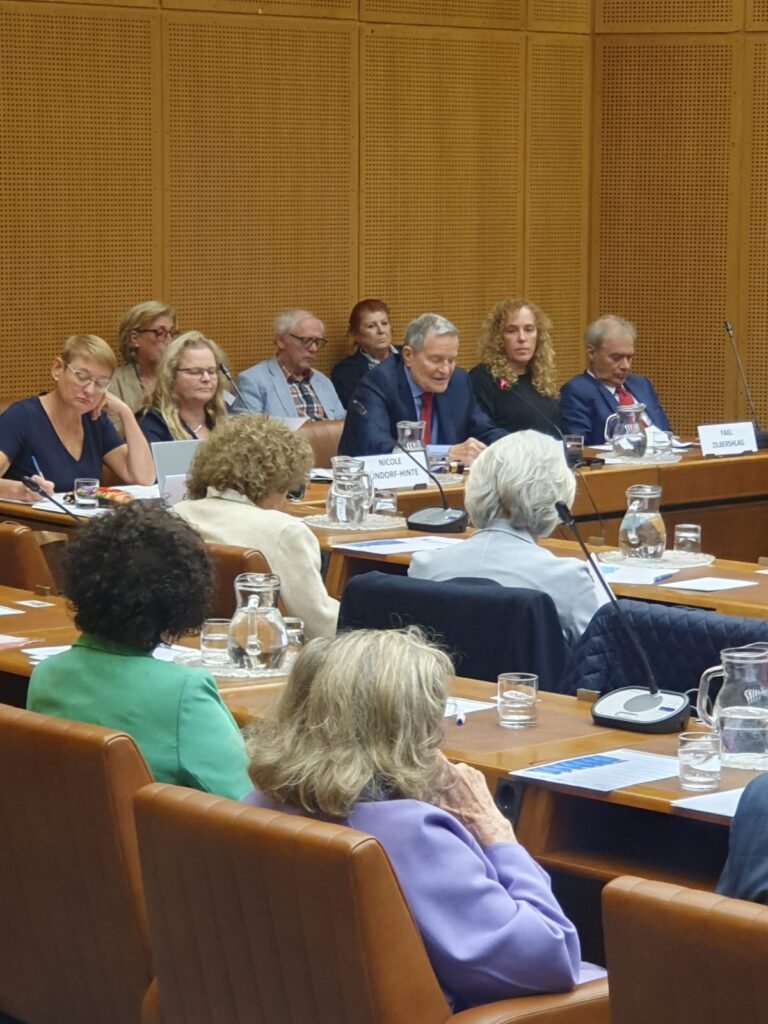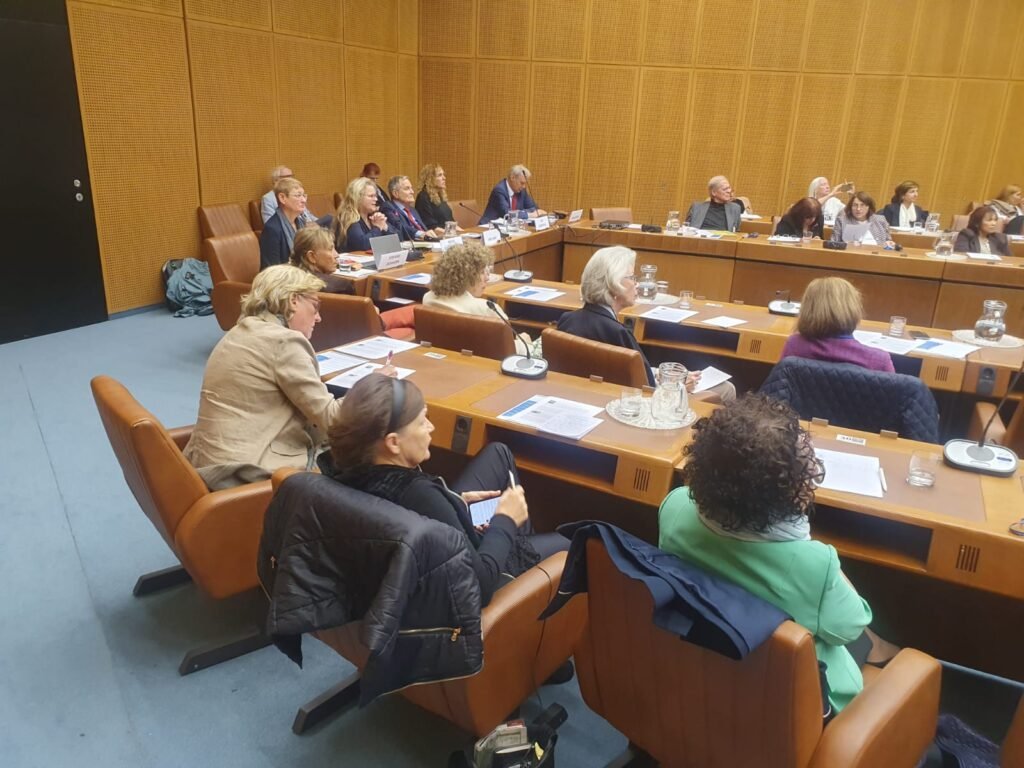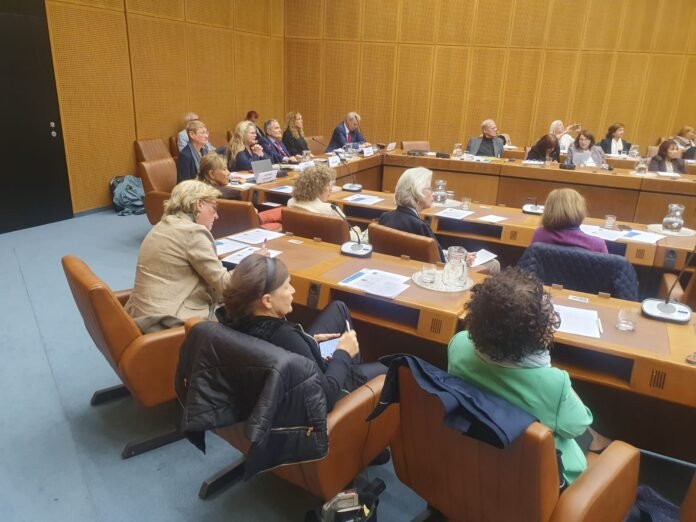Introduction to the Conference
The upcoming conference, titled “Marginalization of Older Persons in Society — A Significant Health Risk,” is set to convene on March 15, 2024, at the International Conference Center in Geneva, Switzerland. This event aims to bring together thought leaders, healthcare professionals, policymakers, and advocates dedicated to addressing the critical issue of marginalization faced by older adults. The theme of the conference aligns with the global commitment to sustainable development as outlined in the United Nations’ Agenda 2030, particularly focusing on the third goal, which emphasizes ensuring healthy lives and promoting well-being for all ages.
Marginalization of older persons is an often-overlooked issue, yet it poses significant health risks that are increasingly coming to the forefront of public health discussions. The conference will explore how social exclusion affects the overall well-being of older individuals, contributing to health disparities that hinder their ability to lead fulfilling lives. These disparities range from limited access to healthcare services to social isolation, which can exacerbate physical and mental health problems.
The motivation behind organizing this conference stems from the alarming trend of growing ageism and the need for collaborative efforts to confront these societal challenges. By examining case studies and innovative solutions, attendees will have the opportunity to foster dialogue and partnerships aimed at improving health outcomes for older persons. Experts will present evidence-based research, panel discussions, and workshops to equip participants with actionable strategies to mitigate the marginalization of older adults.
Through a collective understanding of these issues, the conference endeavors to elevate the voice of older persons and emphasize their right to equitable health and social care. It is a crucial platform aimed at not only raising awareness but also inspiring concrete actions that can lead to tangible improvements in the lives of older individuals, ultimately contributing to a healthier, more inclusive society.
Medical Perspectives on Marginalization
Marginalization of older persons is recognized as a significant health risk that spans multiple dimensions, impacting not only physical well-being but also social and psychological health. According to Yael Zilbershlag’s presentation, older adults who experience marginalization often face considerable challenges in managing chronic conditions, which are prevalent in this age group. Their ability to access healthcare services is frequently compromised, leading to delays in treatment and poor health outcomes. This issue is exacerbated by factors such as economic constraints, lack of transportation, and inadequate health insurance, which hinder their ability to utilize healthcare resources effectively.
Moreover, the behaviors that promote health, such as regular exercise, balanced nutrition, and medication adherence, can be significantly altered due to social isolation and limited access to supportive networks. Marginalized older individuals may struggle to maintain healthy lifestyles, ultimately exacerbating their chronic conditions. Furthermore, the burden on caregivers becomes more pronounced as these elderly individuals require additional support, both physically and emotionally. Caregivers who are themselves marginalized may face stressors that limit their capacity to provide adequate care, perpetuating a cycle of health disparities.
Addressing these challenges requires a holistic approach that incorporates the physical, economic, and psychological contexts of older persons. For instance, community health interventions like outreach programs can improve access to healthcare services and promote healthy behaviors among marginalized groups. Initiatives that offer support services to caregivers can also alleviate their burden, enabling them to provide better care. Fostering a supportive environment through policies that promote social inclusion and access to resources is essential in mitigating the negative health impacts associated with marginalization. Overall, by recognizing and tackling these interconnected issues, we can pave the way toward improved health outcomes for older individuals in society.
Political and Demographic Challenges
The marginalization of older persons in society is significantly influenced by various political and demographic challenges. As highlighted by Nicole Ziindorf-Tlinte and Rainer Münz, effective governance is paramount in addressing the needs and well-being of the elderly. With rapidly aging demographics, federal authorities face the pressing task of implementing policies that combat social isolation and promote social inclusion among older individuals. This is imperative not only for their well-being but also for sustaining the overall health and welfare systems.
One of the primary strategies that governments have adopted is the formulation of national dementia strategies. These comprehensive plans aim to enhance the quality of life for older persons living with dementia, providing essential support services and resources. Such initiatives facilitate early diagnosis, access to care, and the development of supportive environments, thereby mitigating the risks associated with isolation and depression. Furthermore, these strategies illustrate that attention to the needs of older citizens is essential for fostering a more inclusive society.
Additionally, the socio-economic consequences of an aging population cannot be overlooked. As the number of older persons increases, it poses significant challenges to public health systems, pension schemes, and social service frameworks. Policymakers must therefore consider innovative approaches to integrate older adults into various aspects of societal life, ensuring that resources are allocated strategically to support their health needs. This may include community programs designed to promote engagement, skills training, and intergenerational collaboration.
Ultimately, the interplay between political decisions and demographic realities shapes the experiences of older persons in society. As governments navigate these challenges, it is crucial that they prioritize the well-being of older citizens to foster a more equitable and resilient community that values contributions from individuals of all ages.
Global Initiatives and Local Projects
In recent years, numerous global initiatives and local projects have emerged to address the marginalization of older persons, underscoring the urgent need for supportive measures. Notable among them is the work conducted by Brot für die Welt in Serbia. This organization focuses on meeting the immediate needs of older individuals, providing essential support to alleviate poverty, isolation, and neglect. Their programs emphasize active aging, encouraging seniors to participate in community activities, fostering social inclusion and enhancing overall well-being. Through workshops, training sessions, and community events, Brot für die Welt enables older persons to share their experiences and skills, thereby creating a more inclusive society.
Shifting attention to the Philippines, various local initiatives are helping to improve the lives of elderly citizens. These programs aim to tackle ageism while promoting social programs that cater specifically to the unique challenges faced by older populations. For instance, several community-based projects focus on improving access to healthcare services, education, and social networks for older persons. These initiatives not only enhance the quality of life for senior citizens, but they also empower them to advocate for their rights within society.
Despite the advancements made by these organizations, significant challenges remain. Many marginalized older persons continue to face barriers related to health, economic security, and social participation. Discussions among speakers at international forums often reveal a consensus on the need for greater political commitment to address demographic changes. This entails creating a more comprehensive legal framework that includes the voices of older individuals in decision-making processes. Reflecting on the perspectives shared during these discussions highlights the intertwined nature of health, rights, and inclusivity for older persons in society, emphasizing the necessity for sustained effort and collaboration across multiple sectors.
